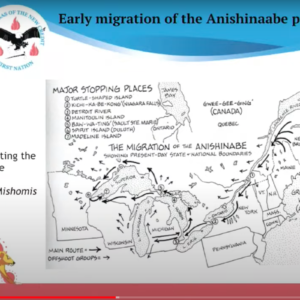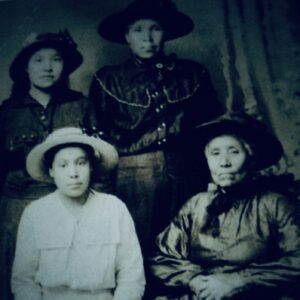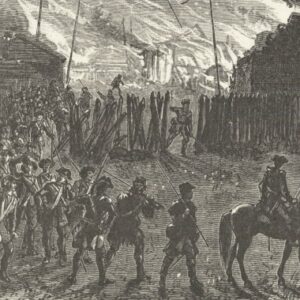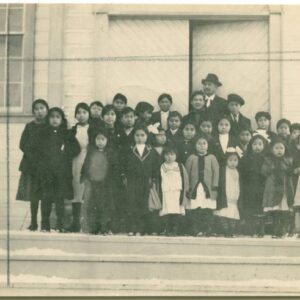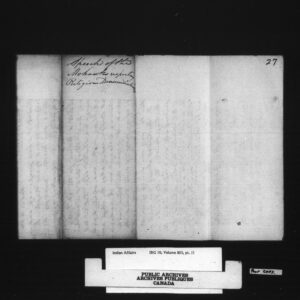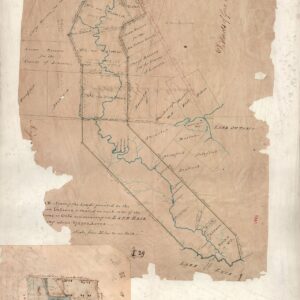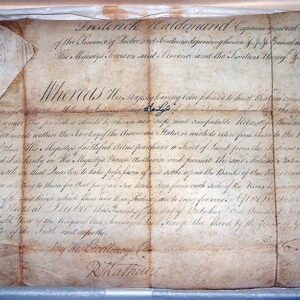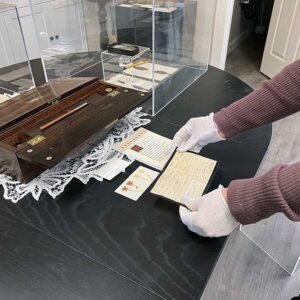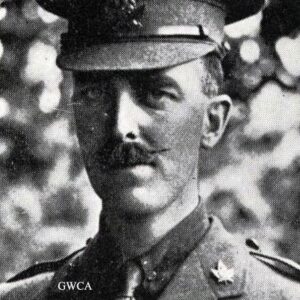
The following quotes are from Canada’s First Prime Minister Sir John A. MacDonald from 1867-1873.
“When the school is on a reserve, the child lives with its parents, who are savages, and though he may learn to read and write, his habits and training mode of thought are Indian. He is simply a savage who can read and write. It has been strongly impressed upon myself, as head of the Department, that Indian children should be withdrawn as much as possible from the parental influence, and the only way to do that would be to put them in central training industrial schools where they will acquire the habits and modes of thought of white men.”
“It is hoped that a system may be adopted which will have the effect of accustoming the Indians to the modes of government prevalent in the white communities surrounding them, and that it will thus tend to prepare them for earlier amalgamation with the general population of the country.”
“…..we have been pampering and coaxing the Indians; that we must take a new course, we must vindicate the position of the white man, we must teach the Indians what law is; we must not pauperise them, as they say we have been doing.”
“The great aim of our legislation has been to do away with the tribal system and assimilate the Indian people in all respects with the other inhabitants of the Dominion as speedily as they are fit to change.”
“The third clause provides that celebrating the “Potlatch” is a misdemeanour. This Indian festival is debauchery of the worst kind, and the departmental officers and all clergymen unite in affirming that it is absolutely necessary to put this practice down.”
The following quotes are from the Deputy Superintendent General of Indian Affairs from 1913 until 1932, Duncan Campbell Scott.
“It is readily acknowledged that Indian children lose their natural resistance to illness by habitating so closely in these schools, and that they die at a much higher rate than in their villages. But this alone does not justify a change in the policy of this Department, which is being geared towards the final solution of our Indian Problem.”
“The purpose of the Amendment to the Act was to prevent the Indians from being exploited as a savage or semi-savage race, when the whole of the administrative force of the Department is endeavouring to civilize them.”
“I want to get rid of the Indian problem…..Our objective is to continue until there is not an Indian that has not been absorbed into the body politic, and there is no Indian question, and no Indian Department…”
“It has always been clear to me that the Indians must have some sort of recreation, and if our agents would endeavour to substitute reasonable amusements for this senseless drumming and dancing, it would be a great assistance.”
“One can hardly be sympathetic with the contemporary Sundance or Potlatch when one knows that the original spirit has departed and that they are largely the opportunities for debauchery by low white men.”
Understanding the historical and ongoing impacts of the Indian Act is a key component for reconciliation. Hopefully this issue will provide better understanding.


